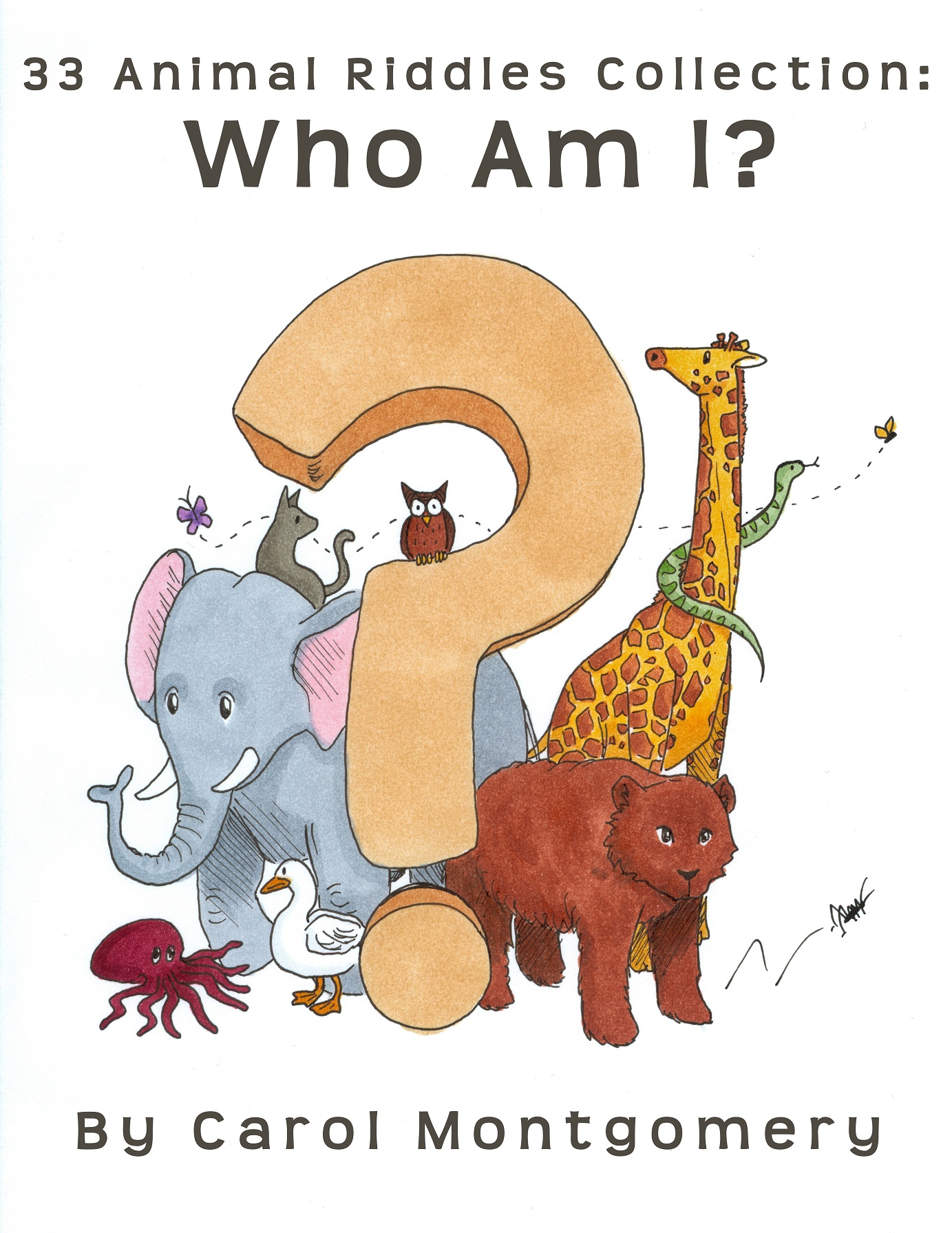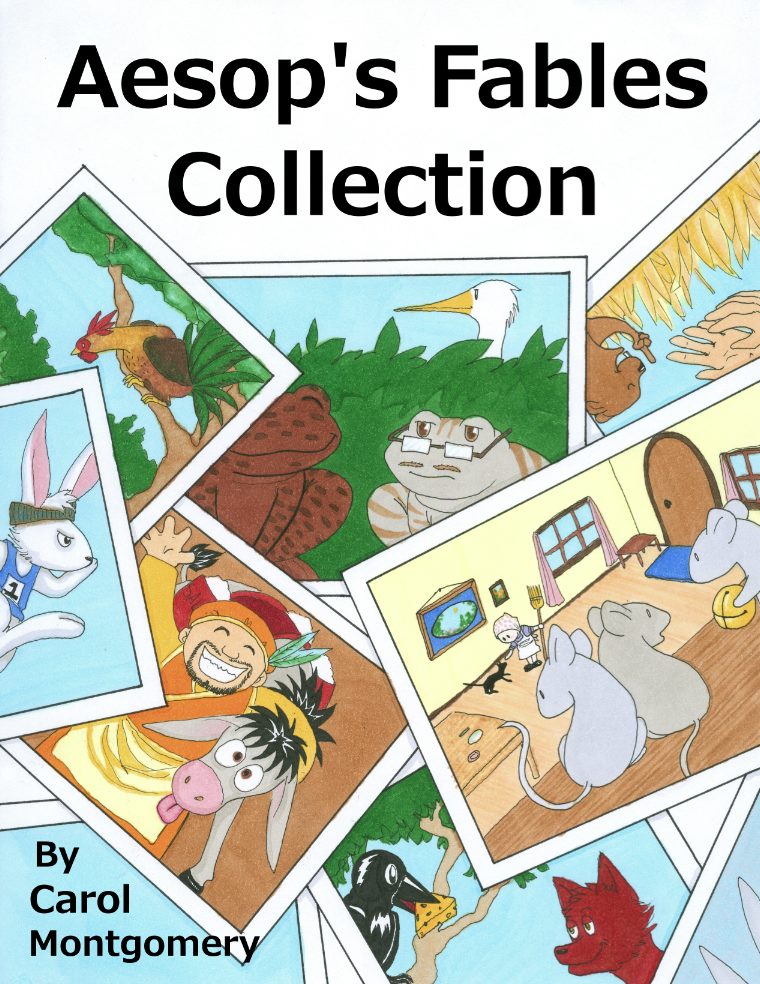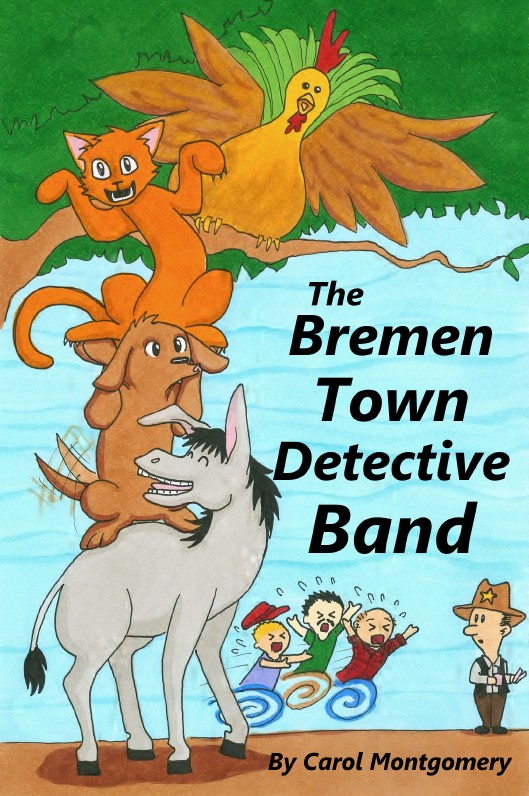 I had just signed a contract to teach school for another year when my prince and I got engaged. I assumed we'd marry in the summer–after my year of teaching was over. But, my prince had other ideas. He asked me to check to see if I could get out of my contract and leave mid-year. Wonder of wonders...the powers that be set me free to get married. And, my whole class was invited to the January wedding!
I had just signed a contract to teach school for another year when my prince and I got engaged. I assumed we'd marry in the summer–after my year of teaching was over. But, my prince had other ideas. He asked me to check to see if I could get out of my contract and leave mid-year. Wonder of wonders...the powers that be set me free to get married. And, my whole class was invited to the January wedding!
Our first child was born that same year–6 weeks premature and needing immediate surgery due to a blockage in his intestines. By the time he was four he already had a sister and we were already homeschooling. We spent over 24 years homeschooling all four of our children K-12. I have a heart for teachers–including homeschooling teachers.
In the "old days" of homeschooling we didn't have computers or even cell phones. We visited the library regularly and did field trips, 4-H activities and unit studies that could involve multiple ages in projects.
Since I had to plan a program twice a year when I was a classroom teacher I volunteered to plan our homeschool group's Christmas programs and Fine Arts Festivals. Some of those programs included Readers Theater plays that I had collected or written as a classroom teacher. Readers Theater helped make program planning easier.
Readers Theater impacts lives in more ways than program entertainment, though. Readers Theater helps build life-long skills for your students. We could list over 50 ways Readers Theater helps homeschoolers succeed, but here are 5:
1. Readers Theater helps build life-long skills.
• Reading Skills–Studies show that Readers Theater improves fluency, comprehension, and oral reading skills. Many teachers share how their students' reading progress accelerated with Readers Theater. One of the teachers in our caring community shared, "My homeroom class reads 'Readers Theater' every day and their reading scores have improved 50%." See our article "Readers Theater Prepares Future Leaders" for more inspiration.
• Writing Skills-Many teachers train their students how to write their own Readers Theater scripts. Of course, your children may not need to know how to write a script, but the opportunity to write their own original Readers Theater script will help build writing skills and creativity. Readers Theater involves both narration and dialogue for fiction and non-fiction. You may not think writing scripts is important, but consider marketing. Who writes those commercials you see or hear?
• Listening Skills–You know that listening is critical to success in life. Readers Theater depends on a team of listeners all working together. If you allow your students to critique a Readers Theater performance (e.g., live or video) they will learn to listen well for both strengths and weaknesses in the readers. They may also ask each other questions about what they have heard. See our article "Readers Theater: 3 Ways To Bulld Listening Skills" for more.
• Thinking Skills–Readers Theater enhances thinking skills. Students consider how they will effectively and creatively interpret the words in the script as a particular character or as the narrator. But, beyond interpretation and simple comprehension, Readers Theater provides a launchpad for discussions. Students develop critical thinking skills by discussing the topics or character qualities in a Readers Theater script. Plus, they can build thinking skills by reflecting on a script or story and creating appropriate questions and answers for their peers or parents.
• Speaking Skills–Several people I know are afraid to speak in front of a group. Several people I've met are uncomfortable reading aloud in front of others. Why is that? I believe it's because they haven't had the opportunity to practice and develop their skills while growing up. Since Readers Theater improves reading skills, it makes perfect sense to practice reading scripts aloud often. To enhance the value of the experience, add an audience sometimes. Your students will be excited and motivated with a live audience, but you may also use an audience of stuffed animals or pets.
Readers Theater practice builds confidence. That confidence kicks out fear. Repeated practice reading and speaking in front of an audience prepares your students for future success.
2. Readers Theater often accelerates learning.
What is learning? I believe it's more than memorizing a bunch of random facts or words for tests. Learning is cumulative. Many teachers claim their students improve their reading skills with regular Readers Theater. Being better readers should help your students learn faster and accelerate their learning. Yet, Readers Theater can also accelerate learning by providing regular reviews of information and skills while having fun. According to an article in Education Week, "Studies Find Students Learn More By 'Acting Out 'Text".
3. Readers Theater motivates and engages students with cross-curricular learning.
As a teacher in a regular classroom and also in our homeschool I sometimes felt overwhelmed by everything that I COULD teach. I learned to focus on building the basic skills of reading, writing, and math while integrating other subjects for cross-curricular learning. In homeschool we called it unit studies or delight directed studies.
Readers Theater complements cross-curricular learning and unit studies because you can find or write Readers Theater scripts in every subject area (e.g., health, history, social studies, literature, science, and even music or math). We have a growing Script Buffet (for paying members) to help save your time when you need trustworthy scripts. Students love to practice reading a play aloud. It seems more like fun than school. Although we have over 50 free scripts, our growing Script Buffet Table of over 350 scripts is open for service 24/7 for Script Buffet Club members of Readers Theater All Year.
4. Readers Theater builds small group skills.
How do homeschoolers get the needed practice to build small group skills like communication, patience, and leadership? If you have a large family you may have enough students for a small group. Yet, what do you do if you have an only child or two children? Or, what if your children are spaced so far apart that they can't do much together because of differing abilities and skills?
Readers Theater provides an easy answer. Just get together with another family or two and let the students work together to practice and perform Readers Theater. Model for the students how they can encourage one another as they practice. In fact, you may assign one student to be a "student director" as leader of the group that day. They will learn to listen to each other and express their own thoughts in a successful small group.
5. Readers Theater builds confidence for reading and leading.
Readers Theater naturally builds confidence in readers of all levels because each reader practices their lines before reading aloud. Here's what one 3rd grade teacher shared on our Readers Theater All Year Facebook page:
...Your free scripts are wonderful! They learn so much from drama and readers theatre. I see the shy ones gain confidence as they read. Fluency and prosody increases with readers theatre...
Imagine your students enjoying Readers Theater year after year after year. Their confidence will soar. And, if you give them practice being "student directors" you'll also enjoy watching their confidence grow as leaders. Students blossom with Readers Theater.
So, why wait? Readers Theater makes lesson planning EASY–especially with our annotated curriculum links at the end of every script. Many teachers enjoy Readers Theater every day or every week. What's your next step to help your children succeed? How will you build life-long skills in your students with Readers Theater?





 I had just signed a contract to teach school for another year when my prince and I got engaged. I assumed we'd marry in the summer–after my year of teaching was over. But, my prince had other ideas. He asked me to check to see if I could get out of my contract and leave mid-year. Wonder of wonders...the powers that be set me free to get married. And, my whole class was invited to the January wedding!
I had just signed a contract to teach school for another year when my prince and I got engaged. I assumed we'd marry in the summer–after my year of teaching was over. But, my prince had other ideas. He asked me to check to see if I could get out of my contract and leave mid-year. Wonder of wonders...the powers that be set me free to get married. And, my whole class was invited to the January wedding!



.jpg)

